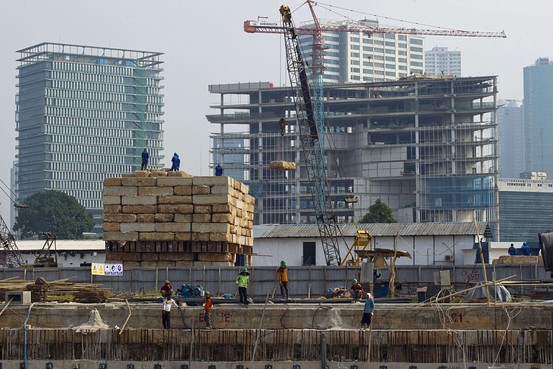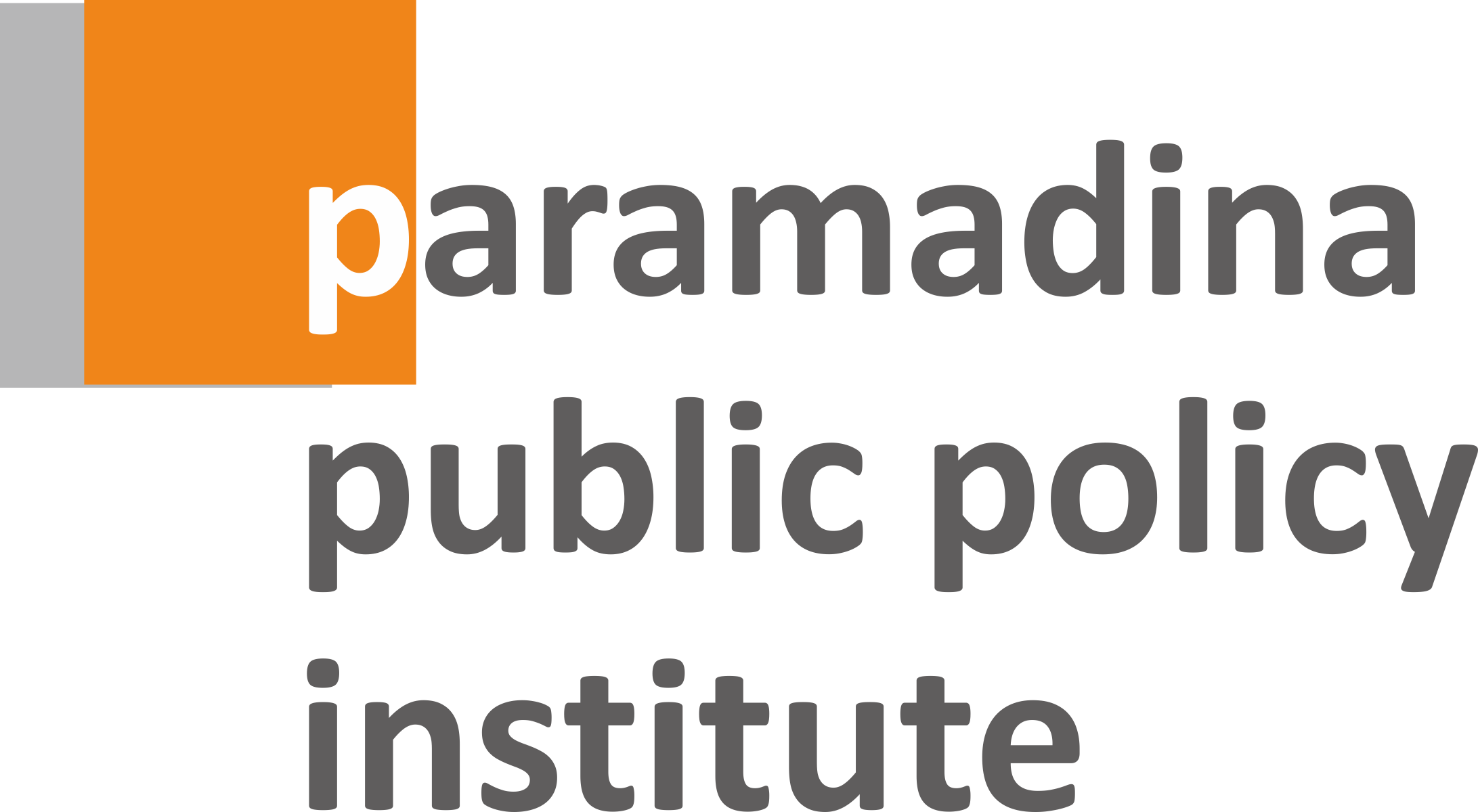- December 9, 2014
- Posted by: Admin PPPI
- Category: Economy, Headlines, Infrastructure, News

JAKARTA, Indonesia–The room buzzed with optimism as hundreds of American and local business leaders gathered in a hotel in Jakarta to listen to Indonesian officials sell them on the wealth of investment opportunities in Southeast Asia’s largest economy.
But to some at Wednesday’s gathering, the atmosphere was similar to that in early 2005, when a similar event ended with the awarding of dozens of infrastructure projects, many of which failed to get off the ground, bogged down by regulatory hurdles or unable to secure land for development.
This is like deja vu of (2005),” said Sandiaga Uno, a well-known Indonesian businessman with interests ranging from energy to finance to infrastructure. Speaking to the crowd of eager investors at the event, co-organized by the American Chamber of Commerce and its Indonesian counterpart KADIN, Mr. Uno explained the difficulties he faced investing in the country in the past. “My power plant project was delayed four years; my toll road project in Sulawesi is now just 75% finished – but only after six years,” he said.
In 2005 former President Susilo Bambang Yudhoyono had just begun his first five year term and the government was eager to tap foreign investors for assistance in developing infrastructure projects targeted at boosting development in the emerging economy. By the end of Mr. Yudhoyono’s second term this year many of the regulator hurdles that existed in 2005 remained in place, while other protectionist measures had been put in place.
On Wednesday, officials sought to reassure the business community that Mr. Widodo’s administration was committed to tackling the bottlenecks that have kept investors at bay, assuring them that Indonesia needed their help to meet its development targets.
Coordinating Minister of Maritime Affairs, Indroyono Soesilo, offered up seaports, railways and shipyards for investment, an official with the government investment board explained how important investment is for Indonesia and another from the Energy and Mineral Resources Ministry tried to convince investors to jump into the oil and gas sector, which has been lacking investment in fresh projects due to legal uncertainties.
Aside from promoting investment opportunities, officials promised that the government would tackle problems that have long dogged businesses — namely, simplifying regulations to help expedite land procurement needed for power plants, factories, and roads. Transportation Minister Ignasius Jonan talked about the government’s plans to improve transportation infrastructure in a country where logistical bottlenecks and difficulty moving goods and people are seen as one of the biggest obstacles to doing business.
The event was the first business gathering involving foreign investors since President Joko Widodo was inducted as Indonesia’s 7th president last month. The former Jakarta governor who once ran a furniture exporting business has promised to be business friendly, inviting foreign investors to help upgrade the country’s infrastructure and rebuild its neglected manufacturing industry. On Monday Mr. Widodo repeatedly pointed out the opportunities for investment during a speech to business leaders attending the Asia-Pacific Economic Conference in Beijing. Though by Wednesday in Myanmar his speech struck a noticeably harder line.
American investors say they’re eager to pour in an additional $61 billion in investment over the next five years, providing that the government provides legal certainties, improves infrastructure and tackles labor issues, said Andrew White, the managing director of AmCham Indonesia. Others explained that their investments can go a long way toward assisting Indonesia with its development objectives.
“U.S. investors are eager to work with the new president and help support his economic growth plans,” said Myron Brilliant, executive vice president and head of international affairs for the U.S. Chamber of Commerce. “President Jokowi has the wind at his back after a successful election. We hope he uses this momentum to turn Indonesia around an economic corner, and considers the foreign investment community as a partner in doing so. The U.S. Chamber and the businesses we represent stand ready and able to support him in that effort.”
Analysts said one way President Widodo could reassure investors and quickly attract investment would be to sort out conflicting regulations that dampen investor confidence.
“The government can quickly improve legal certainty because the cost of doing so is almost nothing,” said Wijayanto Samirin, deputy rector for cooperation and business development at Paramadina University. “It only needs political will.”
Leave a Reply
You must be logged in to post a comment.
